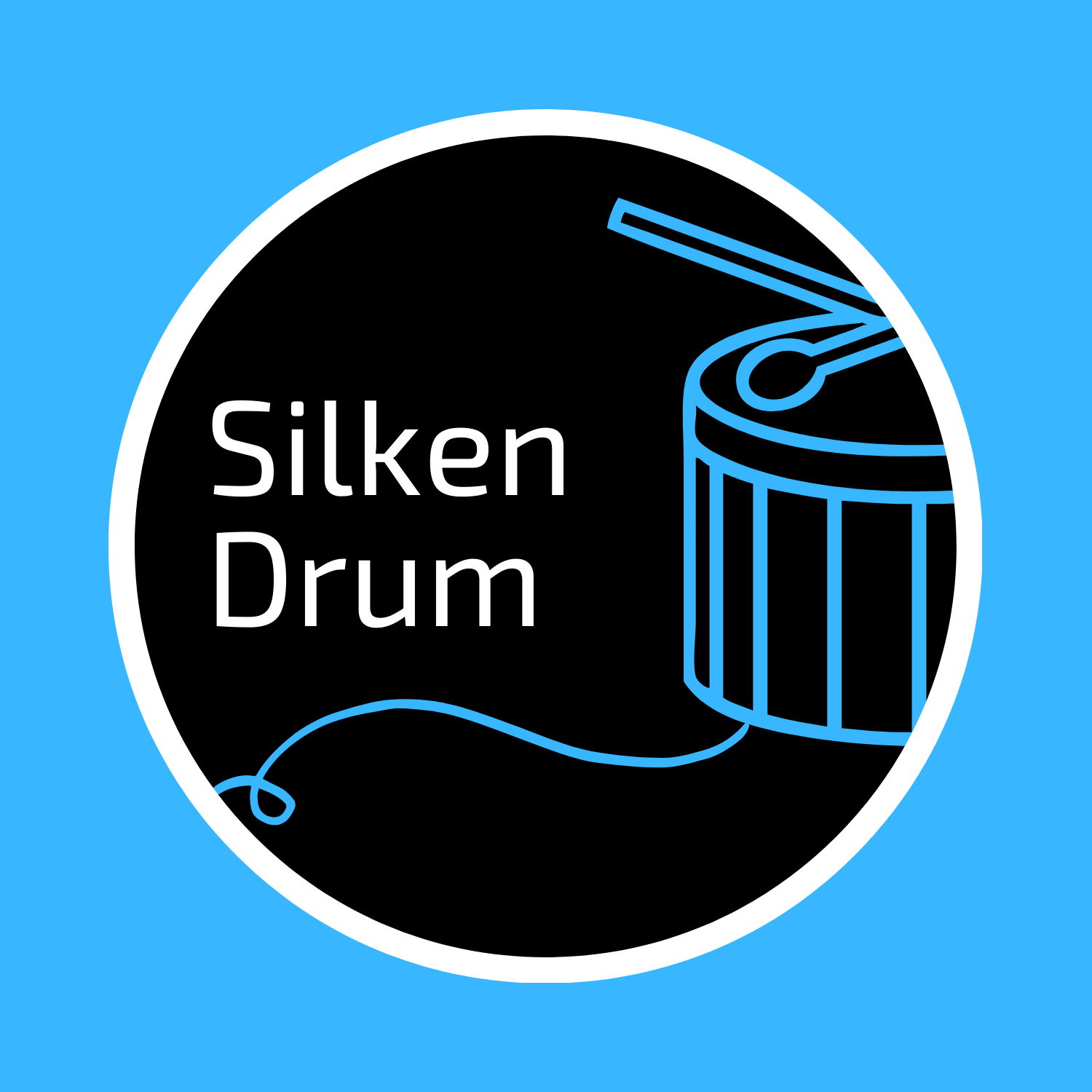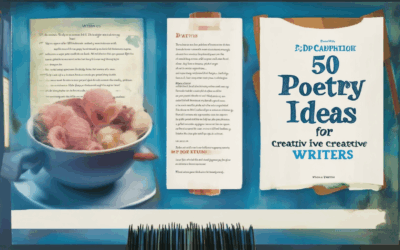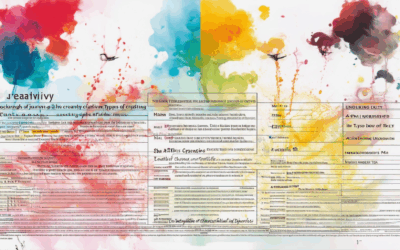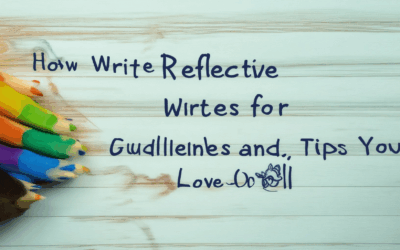Exploring the realm of literary essays can be both an exhilarating and daunting task. Whether you’re a seasoned writer or just dipping your toes into the world of critical analysis, finding the right literary essay ideas can transform a simple assignment into a profound exploration of themes, characters, and narratives. From delving into the complexities of human nature through character-driven stories to uncovering the cultural tapestry woven by historical events, literary essays offer endless avenues for creativity and insight. This guide will walk you through the best ideas for crafting compelling literary essays, complete with creative writing prompts and strategies to help you develop unique perspectives. By examining everything from personal experiences to interdisciplinary approaches, we’ll explore how to turn ordinary literary essay topics into extraordinary works of art. Let’s embark on this journey together, where every idea is a stepping stone toward a richer understanding of literature itself.
Key Takeaways
- Leverage Niche Genres: Experiment with genre blending and thematic depth to create unique narratives.
- Engage with Critical Essays: Delve into scholarly articles and link literary works with psychological studies or cultural movements.
- Utilize Silken Drum’s Resources: Join writing workshops and reference thoughtful reflections from their blog for inspiration.
- Stay Curious and Open-Minded: Challenge assumptions, ask questions, and seek diverse perspectives to enrich your analysis.
- Create a Personal Statement: Define your unique voice and set clear goals to maintain focus and contribute meaningfully to the field.
- Revise and Refine: Iterate constantly to align ideas with your thesis and present complex thoughts in digestible ways.

Best Ideas for a Literary Essay
A literary essay offers a unique opportunity to delve deep into texts, themes, and narratives. Here are some thoughtfully curated ideas to inspire your next essay:
1. Explore Unique Themes
Choose a theme that resonates with you personally or has significant cultural relevance. Consider topics like:
- Identity and belonging
- Fear and courage
- Love and loss
- Power and corruption
- Memory and forgetting
These themes can be explored through various literary works, allowing you to analyze patterns and meanings across different authors and eras.
2. Character Analysis
Focus on a complex character from a novel or story and analyze their development, motivations, and impact on the plot. For example:
- Gatsby from “The Great Gatsby”
- Hamlet from Shakespeare’s play
- Scarlett O’Hara from “Gone with the Wind”
By examining characters, you can discuss their flaws, strengths, and how they influence the overall narrative.
3. Narrative Structure
Investigate the structure of a story and how it contributes to its meaning. Analyze elements like:
- Plot progression
- Point of view
- Time setting
- Space and place
Exploring narrative structures can reveal how authors manipulate storytelling to convey messages effectively.
4. Symbolism and Imagery
Identify symbolic elements in literature and uncover their deeper meanings. Common symbols to explore include:
- The rose
- The ladder
- The mask
- The key
Through symbolic analysis, you can connect characters, themes, and settings in meaningful ways.
5. Historical Context
Place the literary work within its historical and social background. For instance:
- How does “To Kill a Mockingbird” reflect racial tensions in the American South?
- What was the cultural impact of “1984” during the Cold War?
Understanding the historical context can provide valuable insights into the author’s intentions and the work’s significance.
6. Genre Exploration
Compare and contrast different genres within a literary essay. For example:
- How does “Pride and Prejudice” differ from “Wuthering Heights” in terms of genre conventions?
- What role does the gothic genre play in shaping “Frankenstein”?
Exploring genre differences can highlight how authors manipulate form to convey their messages.
7. Cultural Impact
Assess how a literary work has influenced culture over time. Consider:
- How “Harry Potter” influenced a generation of readers
- What legacy did “Tolkien’s Lord of the Rings” leave behind?
Evaluating cultural impact allows you to discuss the broader implications of a text beyond its immediate narrative.
8. Personal Reflection
Incorporate your own thoughts and feelings while reading the text. Reflect on:
- How the story resonated with you personally
- What moral or ethical questions it raised
- Your interpretation of the ending
Personal reflection adds a unique perspective to your analysis, making your essay more engaging and relatable.
9. Editing and Revising
Revise your essay multiple times to refine your arguments and eliminate errors. Consider:
- Clarity of ideas
- Consistency in tone
- Grammar and punctuation
A well-edited essay ensures your thoughts are presented clearly and persuasively.
Ready to get started? Explore more literary essay ideas and resources on Silken Drum to find inspiration and enhance your writing skills!
What Are Some Creative Ideas for Writing a Literary Essay?
Here are some innovative approaches to crafting a standout literary essay:
- Choose a Unique Perspective : Approach the essay from an unconventional angle. For instance, analyze a character as a reflection of societal pressures or explore how a setting symbolizes broader themes, like the courtroom in *To Kill a Mockingbird* representing societal norms.
- Integrate Multiple Texts : Compare works by the same author to trace stylistic evolution or connect themes across texts. For example, explore how *1984* and *Animal Farm* both critique surveillance and control.
- Engage in Imaginary Conversations : Create dialogues between characters from different books to compare their beliefs. Imagine a debate between Atticus Finch and Scout on justice versus revenge.
- Use Visual Aids Strategically : Incorporate charts or timelines to illustrate thematic progressions or character arcs, making complex narratives more accessible to visual learners.
- Write a Review as a Literary Essay : Analyze a film, play, or artwork through the lens of literature, examining how it reflects or diverges from traditional narratives.
- Explore the Power of Setting : Discuss how a particular setting influences the story’s tone and meaning. For example, the gothic atmosphere in *Wuthering Heights* contributes to the novel’s dark and passionate tone.
- Discuss Controversial Topics : Address sensitive issues like race, gender, or politics, offering a nuanced perspective that challenges common interpretations.
- Use a Nonlinear Structure : Experiment with storytelling techniques like flashbacks or multiple perspectives to create a more dynamic and engaging narrative.
- Highlight the Role of Symbolism : Identify and interpret symbolic elements in the text, such as the green light in *The Great Gatsby*, which represents unattained desires and lost opportunities.
- Connect to Real-Life Experiences : Write about how a literary work influenced your personal growth or how it mirrors events in history, making the essay deeply relatable.
- Include a Call to Action : End your essay by posing thought-provoking questions or challenging readers to reconsider their views on the discussed themes.
For resources and inspiration, visit Silken Drum to explore creative writing tools and community-driven discussions.

Developing Interesting Ideas for Your Literary Essay
To craft an engaging and original literary essay, consider the following structured approach:
- Explore Lesser-Known Aspects : Delve into non-traditional elements of well-known works. For instance, analyze how a character’s decisions reflect societal norms in “To Kill a Mockingbird,” or explore the symbolic meaning of objects in “The Great Gatsby.”
- Combine Multiple Texts : Enhance your analysis by comparing themes across different works. For example, examine how identity is portrayed in both “To Kill a Mockingbird” and “The Catcher in the Rye,” highlighting unique perspectives on the same theme.
- Investigate Historical Context : Gain deeper insight by researching the cultural backdrop of authors. Understanding the social changes of the 1920s can enrich your analysis of F. Scott Fitzgerald’s characters and their motivations.
- Engage in Free-Writing : Dedicate time to brainstorming by writing freely about scenes or symbols that stand out, allowing raw thoughts to surface and guide your exploration.
- Leverage Personal Connections : Relate your essay to personal experiences thoughtfully, ensuring it remains focused on the text. Reflect on how your own struggles mirror those of characters, adding a relatable layer to your analysis.
- Ponder Hypotheticals : Consider “what if” scenarios to provoke fresh insights. Imagine alternative outcomes for characters or different settings that could deepen thematic exploration.
- Assess Resource Availability : Choose topics that offer sufficient material for thorough discussion, balancing breadth and depth to ensure comprehensive coverage.
- Seek Originality : Approach commonly analyzed aspects from an unconventional angle. For example, instead of plotting “Hamlet,” explore how its setting mirrors the protagonist’s psyche.
- Incorporate Primary Sources : Use author letters or historical documents to authenticate your analysis, particularly in historical fiction, adding credibility and depth.
- Consider Audience : Tailor your essay to your intended readership. Adjust complexity based on whether your audience comprises peers or general readers.
- Manage Time Effectively : Allocate sufficient time for each stage—research, brainstorming, outlining, and writing—to ensure a well-crafted essay.
- Solicit Feedback : Share drafts with others to gain new perspectives and identify areas for improvement, enhancing the overall quality of your work.
By integrating these strategies, you can develop ideas that are original, insightful, and engaging, making your literary essay stand out.

Developing Unique and Insightful Literary Essay Ideas
To craft standout literary essays, begin by exploring niche genres and underappreciated authors. Consider works that offer fresh perspectives on timeless themes. Silken Drum’s diverse community can inspire innovative thinking through shared reflections and creative discussions.
1. Leverage Niche Genres
- Experiment with Genre Blending: Combine elements of mystery with romance or historical fiction to create unique narratives.
- Explore Thematic Depth: Analyze how authors reinterpret universal themes like love, loss, or identity in non-traditional settings.
2. Engage with Critical Essays
- Read Secondary Literature: Delve into scholarly articles and critiques to uncover overlooked interpretations of classic texts.
- Draw Connections Across Disciplines: Link literary works to psychological studies or cultural movements to add layers of insight.
3. Utilize Silken Drum’s Resources
- Join Writing Workshops: Participate in Silken Drum’s interactive sessions to brainstorm ideas with fellow writers.
- Reference Thoughtful Reflections: Explore Silken Drum’s blog for inspiration and innovative essay structures.
4. Stay Curious and Open-Minded
- Ask Questions: Challenge assumptions by questioning commonly held beliefs embedded in texts.
- Seek Diverse Perspectives: Incorporate voices from various cultures to enrich your analysis.
5. Create a Personal Statement
- Define Your Voice: Establish a unique style that reflects your personality and analytical approach.
- Set Clear Goals: Outline objectives before beginning your essay to maintain focus.
6. Revise and Refine
- Iterate Constantly: Edit your ideas to ensure they align with your thesis and provide meaningful contributions to the field.
- Simplify Complex Thoughts: Present complex ideas in digestible ways to engage readers effectively.
By embracing these strategies, you can develop literary essay ideas that stand out while fostering deeper understanding and appreciation for the works you analyze. Join Silken Drum today to connect with a supportive community of writers and thinkers who can guide your journey.
Types of Literary Essay Ideas
I’ve explored various literary essay ideas that can spark creativity and deepen understanding. Here are some thought-provoking angles to consider:
1. Thematic Analysis
Examine the underlying themes in classic or contemporary literature. Examples include:
- Exploring the theme of identity in works by authors like Ralph Ellison or J.K. Rowling.
- Analyzing the concept of isolation in novels such as “Of Mice and Men” or “The Great Gatsby.”
- Investigating the motif of journey or discovery in epic tales like “Beowulf” or “The Odyssey.”
2. Genre Exploration
Compare and contrast different literary genres to uncover unique perspectives. Consider:
- The differences between realism and surrealism in works by Gabriel García Márquez and Lewis Carroll.
- How gothic fiction intersects with romance in novels like “Wuthering Heights” and “Pride and Prejudice.”
- The evolution of science fiction from Wells to Kim Stanley Robinson.
3. Historical Context
Place literary works within their historical and cultural settings. Ideas include:
- How Victorian aesthetics influence the works of Charles Dickens.
- The impact of the Harlem Renaissance on African American literature.
- Exploring the role of propaganda in Soviet-era literature.
4. Interdisciplinary Approaches
Merge literature with other disciplines like psychology or philosophy. Examples:
- Freudian analysis of Hamlet to explore subconscious themes.
- Comparing existentialism in literature with philosophical texts by Sartre.
- Examining the intersection of environmentalism and nature writing.
5. Creative Analysis
Delve deeply into a author’s unique style or narrative techniques. Consider:
- How James Joyce structures sentences in “Ulysses.”
- The use of stream-of-consciousness in Virginia Woolf’s works.
- Techniques used by mystery authors like Agatha Christie to create suspense.
6. Cultural Impact
Assess how certain books have influenced culture and society. Explore:
- The cultural significance of “To Kill a Mockingbird” in race relations.
- How “The Catcher in the Rye” reflects Generation X struggles.
- The legacy of “Harry Potter” in fostering a love for reading.
7. Personal Narrative
Write about your own literary journey or response to a text. Ideas include:
- Your favorite childhood book and why it resonates with you.
- How a challenging literary work changed your perspective.
- Your attempt to analyze a poem or story through a personal lens.
Resources for Further Exploration
If you’re looking for inspiration or tools to develop your ideas, check out these platforms:
- The Writer’s Hub – Offers guides and courses for aspiring writers.
- Poets.org – A great resource for poetic analysis and creative writing.
- Writer’s Digest – Provides articles and workshops on literary development.
I hope these ideas inspire you to craft compelling literary essays. Happy writing!

What Are the Most Compelling Literary Essay Ideas to Explore?
Here are some thought-provoking literary essay ideas that can spark inspiration and deepen your analysis:
- Exploring the Theme of Identity in Modern Literature
Analyze how authors like J.K. Rowling, through characters like Harry Potter, or Chimamanda Ngozi Adichie, depict identity in their works. Discuss how these narratives reflect cultural shifts and individual struggles. - The Role of Setting in Shaping Character Development
Examine how settings influence character growth in novels such as “To Kill a Mockingbird” or “1984.” Consider how environments shape motivations and outcomes. - The Evolution of the Hero’s Journey in Contemporary Fiction
Trace the development of the hero’s journey from classic myths to modern storytelling. Compare works like “The Hobbit” and “Pride and Prejudice” to see how the concept has evolved. - The Impact of Dystopian and Utopian Narratives
Investigate how authors like George Orwell and Aldous Huxley predict future societies. Discuss the implications of these visions for our current reality. - The Function of Symbolism in Magical Realism
Explore how symbols and magical elements in works like “One Hundred Years of Solitude” provide deeper meaning to plot and character arcs. - The Representation of Gender and Power Dynamics in Classic Novels
Analyze how classic authors like Jane Austen or Fyodor Dostoevsky portray gender roles and power struggles, and how these representations have influenced modern discourse. - The Influence of Historical Context on Literary Works
Investigate how historical events or cultural backgrounds shape the themes and narratives of books such as “Les Misérables” or “The Great Gatsby.” - The Role of Foreshadowing in Building Suspense
Study how authors like Agatha Christie or Gillian Flynn use foreshadowing to create tension and intrigue in their mysteries. - The Exploration of Memory and Trauma in Autobiographical Works
Discuss how memoirists like Frank Conroy or Alice Sebold use memory to recount personal trauma and its impact on identity. - The Evolution of Love Stories Across Cultures
Compare love story narratives from different cultures, such as “Romeo and Juliet,” “The Lovers,” and contemporary romance novels, to understand universal themes of affection and connection.
By exploring these ideas, you can delve into the rich tapestry of literature and uncover meaningful insights into human experiences.
</|Assistant|>




0 Comments